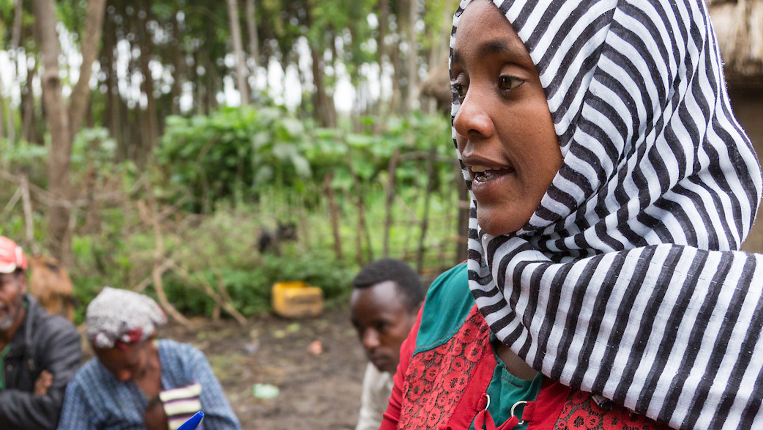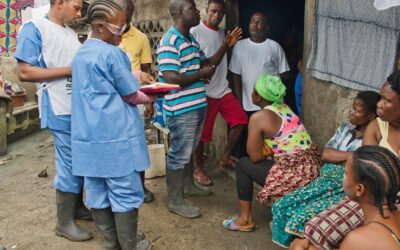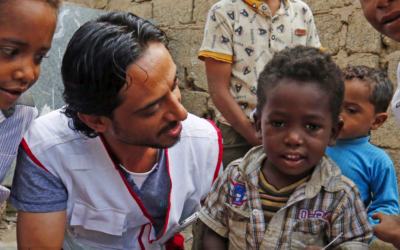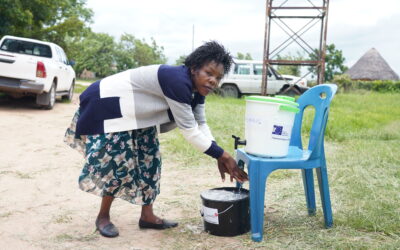The Collective Helpdesk’s newest contributing organization, the READY initiative has an open application for an exciting RCCE training in Ethiopia. With support from USAID’s Bureau for Humanitarian Assistance, the READY initiative is now offering a Risk Communication and Community Engagement (RCCE) Outbreak Readiness Training on January 31 – February 3, 2023, in Addis Ababa, Ethiopia. There is no fee to attend this training and a certificate is provided upon completion. Please read below and see the attached information on this exciting training opportunity.
What is on offer?
The goal of the training is to strengthen RCCE leadership and readiness to plan and deliver participatory community engagement with behavior change and data-driven communication in large-scale outbreaks in humanitarian settings. It includes interactive exercises linked to an evolving outbreak scenario in a humanitarian setting where participants can apply learnings and reflect on operational readiness considerations. Thematic content will include social and behavior change in outbreaks; data collection and analysis; community-led community engagement; managing uncertainty and rumors; readiness actions that include planning for RCCE before an outbreak begins, and more.
Who can apply?
This training is designed for large, national-level NGOs or small, international NGOs that are operating in Ethiopia; government and UN representatives are also encouraged to apply. Nominations of specific individuals or organizations whom you believe are right for this training are welcome.
Requirements
Ability to commit to remote and in-person time commitments
Ability to participate in written and spoken English
Costs covered
The training is free of charge. READY will support breakfast, tea breaks and lunch for all four days of training. READY has limited funding available to support travel costs for local/national organizations and lodging for anyone traveling from outside of Addis Ababa who needs it. Funding will be considered on an as-needed basis based on requests.
How to apply?
If you, your staff member, or your organization meet the selection criteria, please complete the application using this online form by November 21, 2022. If you would prefer to apply via email, please contact READY at ready@savechildren.org for an offline form. All applicants will be informed if they have been chosen for the training by December 2, 2022.
All applicants will be informed if they have been chosen for the training by December 2, 2022. Please send any questions to the READY team at ready@savechildren.org. For more information on READY and the content of the training please see the attached training flyer and visit this website.





